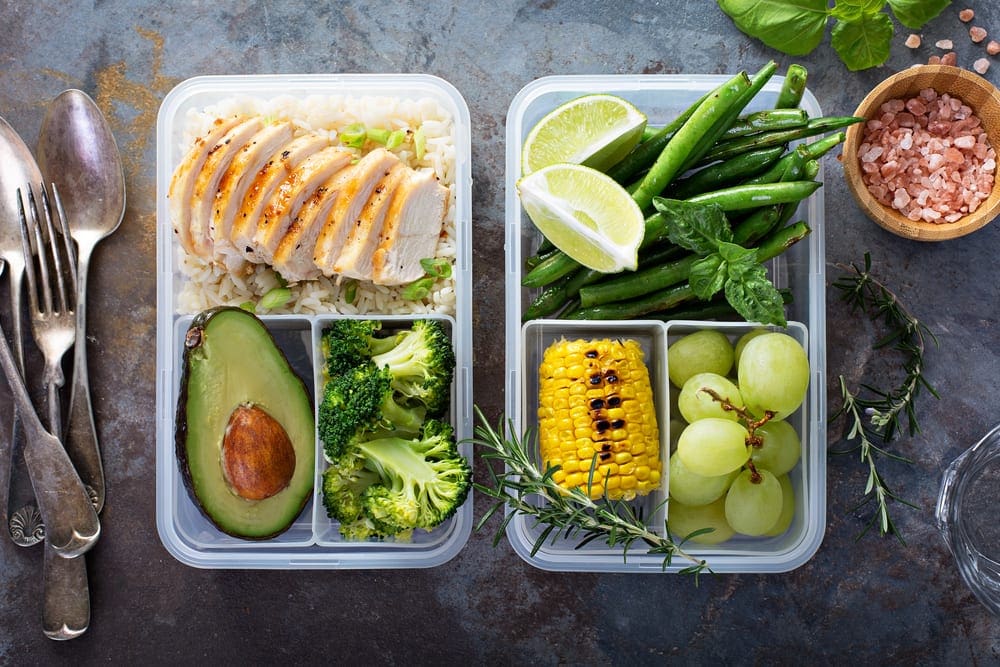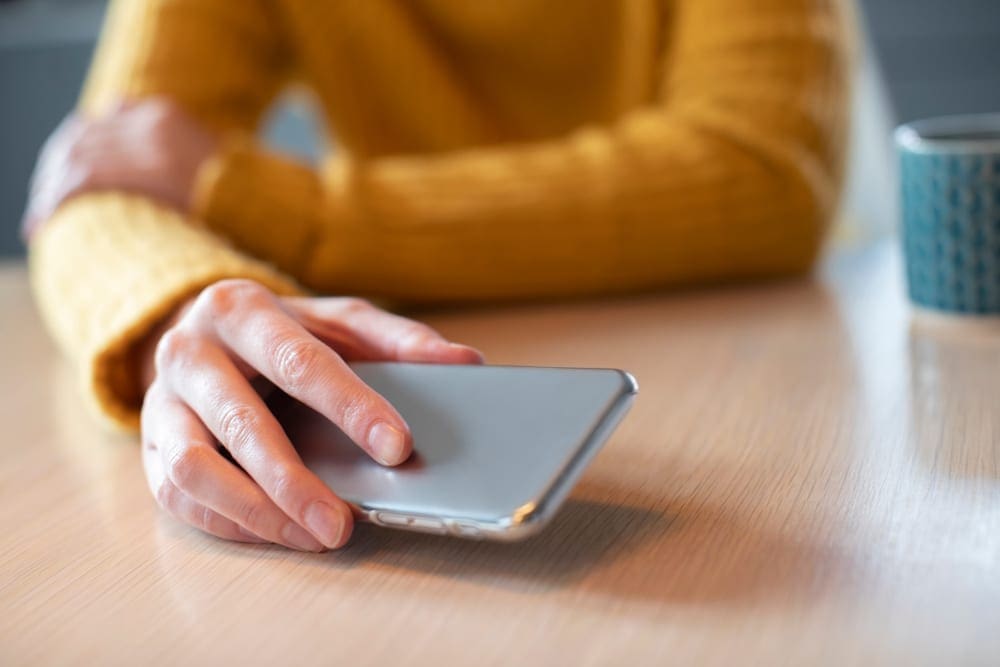
Local Member Bundle
Congratulations, you’ve chosen our local membership bundle for:
Featured Items
Advice for those returning to work after lockdown
Feeling a little anxious about returning to work? We have a few helpful tips on how to cope and the lockdown habits worth incorporating into your new routine.
We may not have invited the lockdown into our lives, and goodness knows it’s taken its toll on our mental health and finances, but after four months, many of us have settled into our new routines and the thought of returning to our old ones can feel a bit overwhelming, especially if you have childcare issues to consider and pre-lockdown you found you had little time to devote to other interests or even exercise. So if the boss has been in touch with a return date and you’re experiencing mixed feelings or even a bit of trepidation, we have a few tips to help ease your mind and arm you with a plan to help you maintain some of the good habits you’ve adopted since mid-March. Look at this as a unique opportunity to start a new work-life routine, and embrace it.
If you are feeling anxious about returning to work, it’s important to remember that this is a perfectly natural feeling. “It is entirely natural to be anxious and worried. This is an unprecedented situation. However, there is no need to sit with any of this by yourself,” says Gráinne O’Rourke, head of communications at MyMind, which with support from the HSE and Sláintecare is now delivering free online counselling sessions for those directly affected by Covid-19. To avail of the free service, simply log on to https://mymind.org/covid-19-project and apply for the scheme. MyMind has a multidisciplinary, multicultural team that is able to provide services in more than 15 languages and appointments are usually made within 72 hours of a client contacting their office.
“If you’re feeling anxious about the idea of going back to work, there are some practical things you can do,” advises Gráinne. “First and foremost, you can make sure that your employer is observing all of the guidelines in the context of the workspace – social distancing, sanitising, etc. If you rely on public transport, it’s now mandatory to wear a face covering. It’s only for a short time and you’ll be minimising the risk of passing the virus on to somebody else if you have it (and remember, you may be asymptomatic and not be aware you’re carrying it). Also, make sure you have hand sanitiser with you and wash your hands with soap and water where possible. And avail of the free counselling service. Life is stressful at the best of times without the added stress that Covid-19 and everything that goes along with it brings. Do not sit with that stress, worry and anxiety by yourself. Help is at hand, and our current scheme is free of charge for anyone who’s been affected by Covid-19. And it is part and parcel of the Covid-19 situation to be worried about going back to work and experiencing stress and even depression as a result.”
5 Lockdown Habits to Keep
With so many virtual options available now, even if the weather puts a halt to your daily walk or that morning run isn’t feasible now that you have to be at the office at 9 am, you can shake things up with an online yoga, HIIT or CrossFit class – the more variety, the better to keep you motivated and work different muscles for optimum results. The most important thing is that you devote a little time to yourself to balance the mind and body while juggling the return to work.
Suss out a nice spot near your workplace where you can go for a quick walk at lunchtime too. It’ll give you an energy boost to get you through the second half of your day while upping your step count. And while traffic is still fairly light and summer means longer, brighter days, if it’s feasible, consider walking or cycling to work (or in conjunction with public transport).

The lockdown definitely made meal planning the highlight of our days while we were all stuck at home and avoiding last-minute trips to the shops, didn’t it? Keep it going by making a weekly meal plan of simple dinners you can batch cook at the weekend to save you having to whip something up after a long day. Portion up servings and freeze meals and before you head out to work in the morning, leave that night’s dinner out to thaw.

Just because you’re heading back to the office doesn’t mean the local deli you used to haunt at lunchtime will offer the same experience (though we do like to support businesses at this difficult time – just maybe plan to pick up lunch one day per week as a treat). So why not continue to enjoy those lovely lunches you made at home over the last four months? Pre-prepare a few exciting healthy meals that will make your lunch hour special and give you something to look forward to at midday. Invest in a few new containers that will help make storing and transporting them a little easier and neater. And if breakfast can’t be eaten at home due to that very early train, make sure to prepare some healthy breakfast options too. Green smoothies, fresh fruit and overnight oats are all great options that will fuel you for the day ahead. If pre-lockdown you picked up a takeaway coffee or tea on the way to the office, investing in a reusable cup or flask and making your own before you leave the house will not only save you (a lot of) money, but it’s a good eco swap that will benefit the environment too.

Okay, this one may not have actually been a “lockdown habit”. In fact, with constant Zoom calls and the fact that your kitchen and laundry area were right near your place of work, you may have actually struggled to take a proper break these last few months. Chances are you made your lunch and ate it in front of emails or spent your break time helping a child with their schoolwork or hung up the laundry. So returning to your regular workplace presents an opportunity to start fresh with new work-life goals. Taking your full lunch hour should be one of them, and sticking to your regular work times where possible should be another. It’s one thing to stay late or work through lunch when there’s a specific pressing deadline, but if that becomes the norm, you need to stop and take stock.
If your workload is unsustainable, it may be time to speak with your boss about finding a solution, but before you do, try a few simple organisational changes to see if you can manage your time as best as you can so you can head home at the appropriate hour. Fifteen minutes before you leave work, sit down and write a to-do list for the following day, so you can clear your mind and mentally switch off knowing you’ll hit the ground running first thing tomorrow. The next day, tick off each task as you go and at the end of the day, start a new list. If you still struggle to get your work done in your day, and you take public transport, consider if there are any tasks you can do on your commute. It’s not ideal – that should be your time to read for pleasure or switch off, but it’s better than staying late at your desk and getting home with no energy to face cooking a healthy meal or going for a walk.
If constant meetings are preventing you from completing your other tasks, again, it may be time to speak with your team and delegate tasks where possible or pare back the meetings. Meetings can be a real-time suck if they’re not organised properly – there should always be an agenda for the meeting and those present should be there for good reason. Someone should be in charge of keeping minutes and watching the clock to be sure the meeting ends when it should. Spontaneous gatherings in the board room may be essential in certain circumstances but if you’re constantly “pulled” into meetings, that’s a problem that needs addressing. Your time should be respected and colleagues should be given adequate notice about any formal discussions.

Were you one of the many who took up a new hobby (or returned to an old one) during lockdown? Before you put aside those knitting needles to collect dust, find a way to continue your creative endeavours after returning to work. Studies show employees with creative hobbies are more satisfied with their jobs and less likely to experience burnout. Plus, even low-movement hobbies like knitting or playing an instrument are linked to better mental and physical health, specifically reduced stress, depression and even blood pressure, and improved focus and happiness. So whether it’s in front of the TV at the end of a long, stressful day, on the train or bus, or you can manage to set aside a quiet hour a couple of evenings per week, try weaving (excuse the pun) your new leisure pursuits into your daily life.

Drop A Dress Size
6 Week Challenge
Join now!
For assistance, please contact our support team. Thank you.



Congratulations, you’ve chosen our local membership bundle for:



Congratulations, you’ve chosen our online only membership bundle for:



Congratulations, you’ve chosen our online membership bundle for: